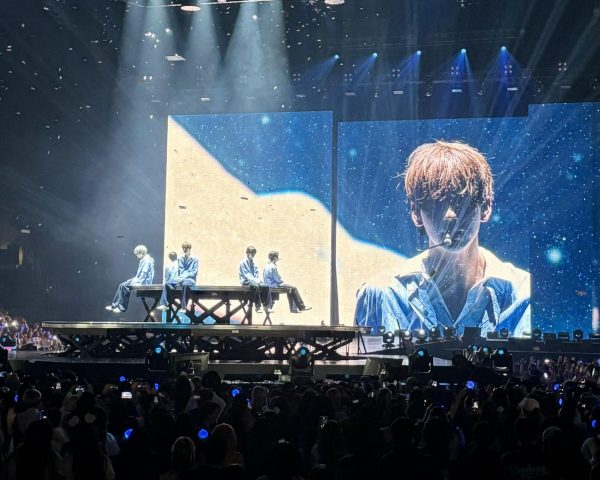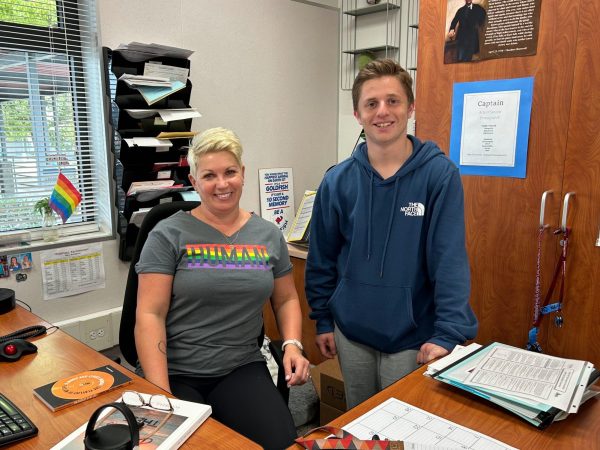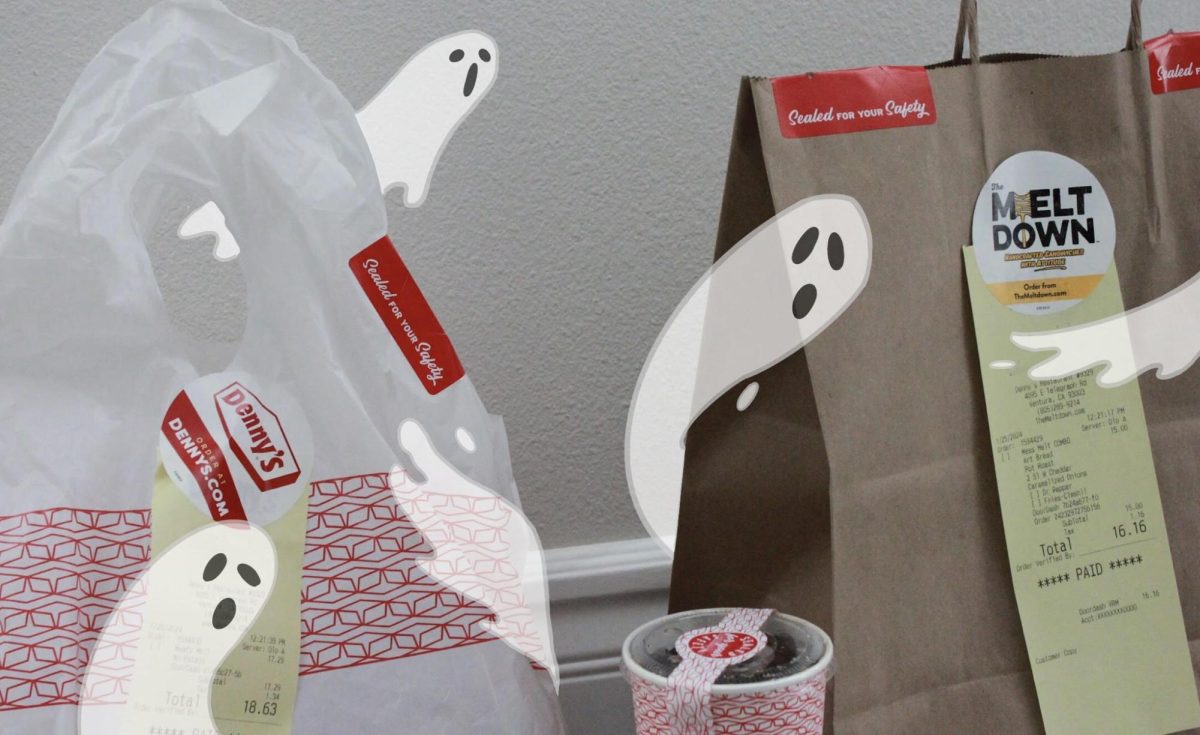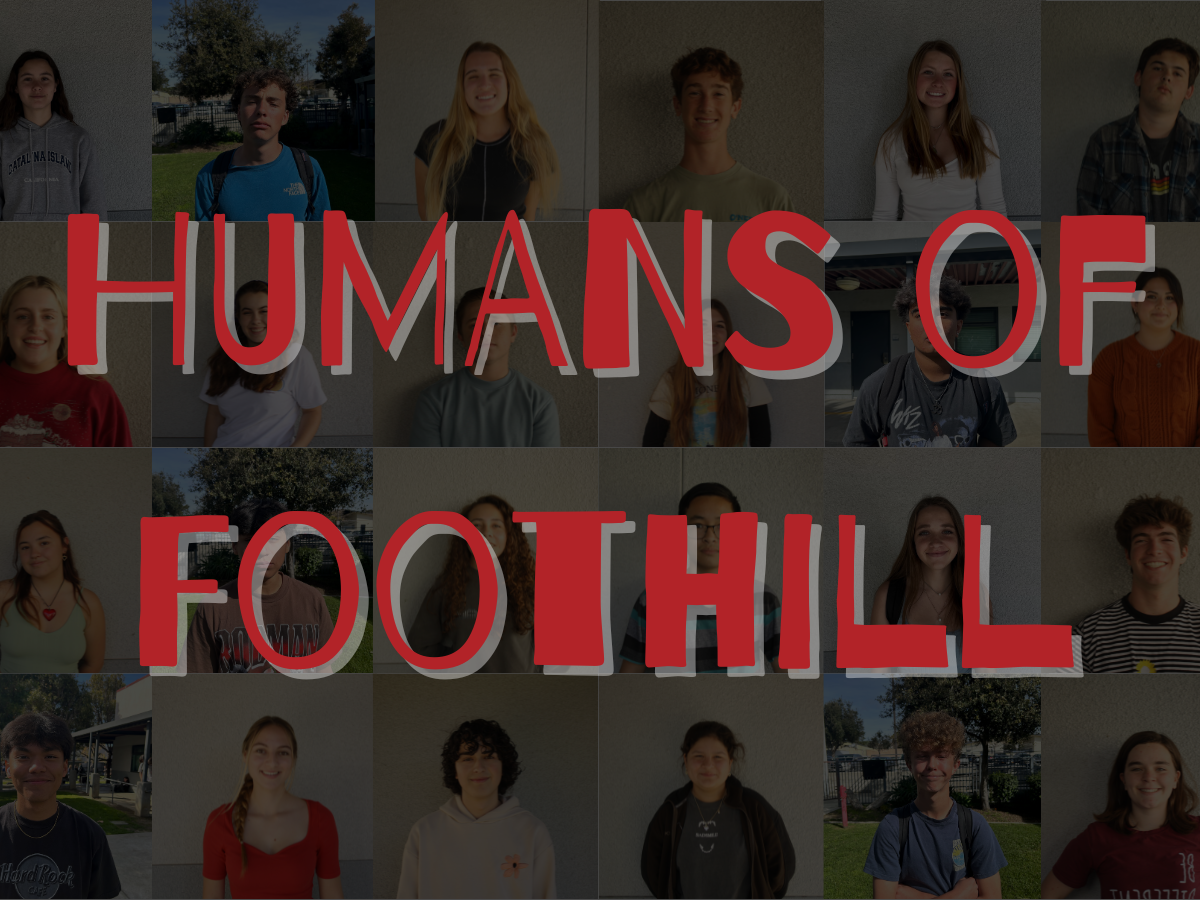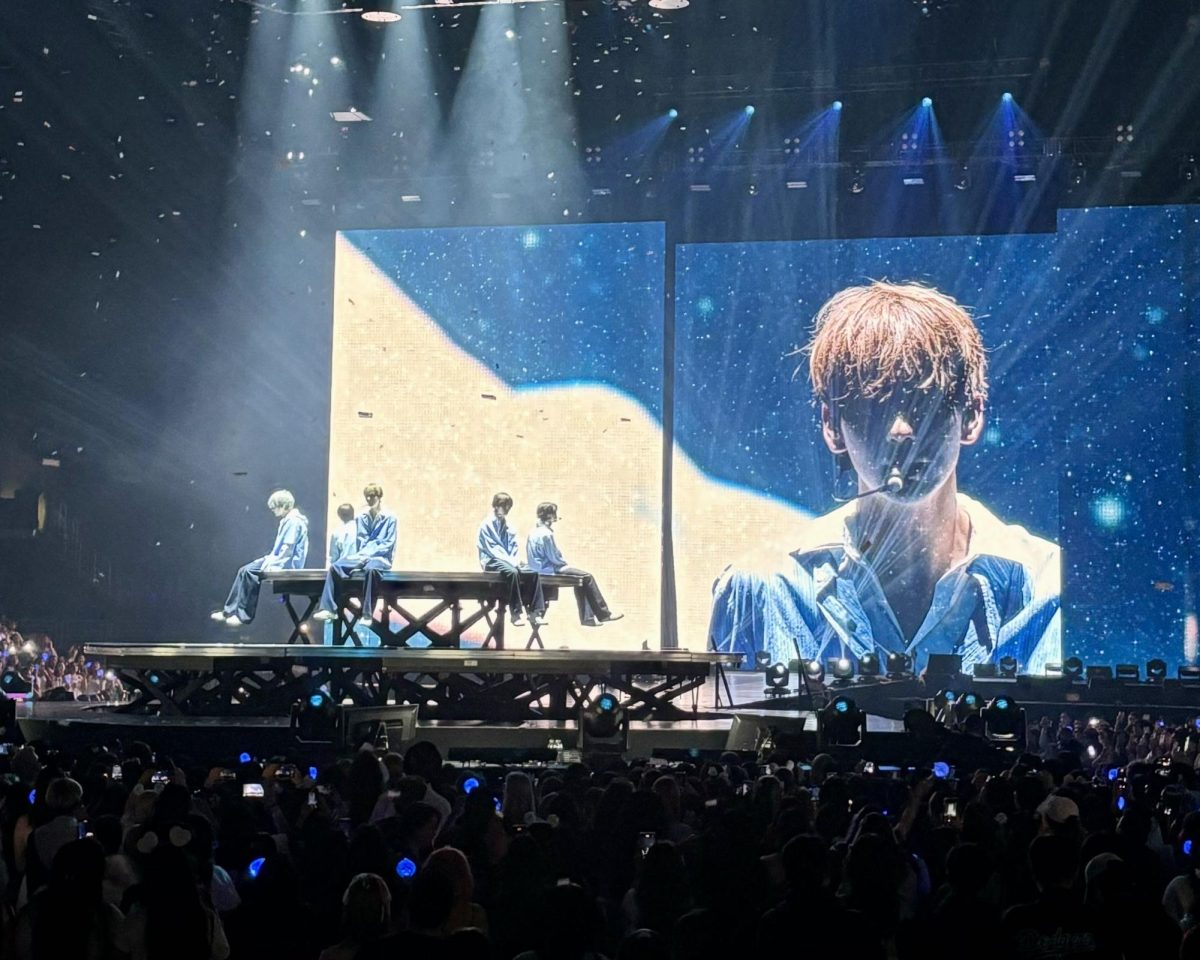Restaurants, whether chain or family-owned, are moving into “ghost kitchens,” which are dominating food delivery apps like Grubhub, Doordash and Uber Eats. Ghost kitchens opt to serve the same formulaic food and utilize nonexistent brands to maximize kitchen space and revenue while minimizing capital expenses.

Every ghost kitchen has a “host restaurant,” which is a physical restaurant that provides ghost kitchens a business space. It is easy for ghost kitchens to capitalize on the host restaurant’s space because they operate solely on delivery apps. Additionally, ghost kitchen menu items often contain the same food as the host kitchen, but it’s put in different packaging to match the corresponding digital brand. The relationship between host and ghost kitchens allows the host restaurant to occupy more spaces on delivery apps and broaden their reach while offering identical menu items.
Ventura, Calif. isn’t exempt from the surge in ghost kitchens. Denny’s, located at 4095 Telegraph Road, hosts five different virtual dining brands. Three of the brands — The Meltdown, Burger Den and Banda Burrito — are Denny’s owned. The other two — Tori-Yoshi’s Japanese Fried Chicken and Nathan’s Dogs — are franchises of Franklin’s Junction.
Franklin’s Junction is a large company that focuses on the virtual dining market and ghost kitchen partnerships. The company describes themselves as a “trailblazing platform that seamlessly integrates cutting-edge e-commerce technology built by industry experts, empowering restaurants to flourish in the digital age.” Franklin’s Junction is partnered with well-known restaurant brands — such as IHOP, Applebee’s and Hooters — and as online food delivery grows prevalent, more are bound to jump at the opportunity to work with virtual kitchen companies and grow their business.
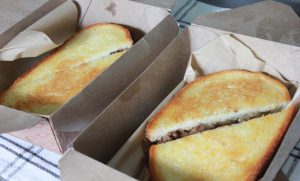
Denny’s started their ghost kitchen brands to increase influence and revenue after their profits were devastated by the COVID-19 pandemic. In an attempt to move into the growing delivery market while minimizing additional costs, the company created their own digital brands. At first, it was just two brands: The Meltdown and Burger Den. They repurposed Denny’s melts and burgers as separate items in different packaging, with each earning around $1,200 and $900 respectively every week.
As both ventures proved successful, Denny’s expanded another brand, Banda Burrito, to around 90 California locations. Instead of reusing existing menu items from Denny’s, Banda Burrito re purposes the same ingredients used at Denny’s to offer different foods. In addition to this, the chain hosts two franchised ghost kitchens from Franklin’s Junction: Nathan’s Dogs and Tori-Yoshi Japanese Fried Chicken. Instead of being owned by Denny’s, these two brands are outsourced and supplied the packaging and pre-made ingredients.
Although companies use ghost kitchens for improving their business, many also see them as disingenuous and misleading. Ghost brands regularly use stock images and generic restaurant names to advertise on delivery apps. Also, the food quality is not at par with local businesses, and the prices are inflated to maximize revenue. Consumers can be easily deceived by the plethora of digital brands hiding among the real ones, and unknowingly order menu items from a place that doesn’t exist.
People are now becoming aware of ghost kitchens’ prevalence, as they populate restaurants all over the world and businesses expand their own digital brands to compete with locals. The existence of ghost kitchens in Ventura provides an online battle every time someone chooses what to eat. So, the next time you order delivery, ask yourself, “Is the company real or is it a ghost?”







